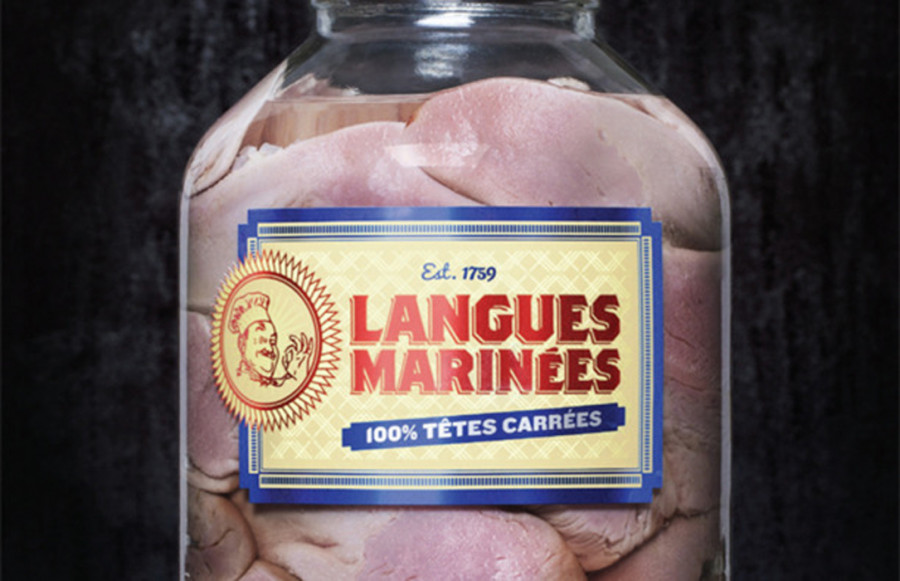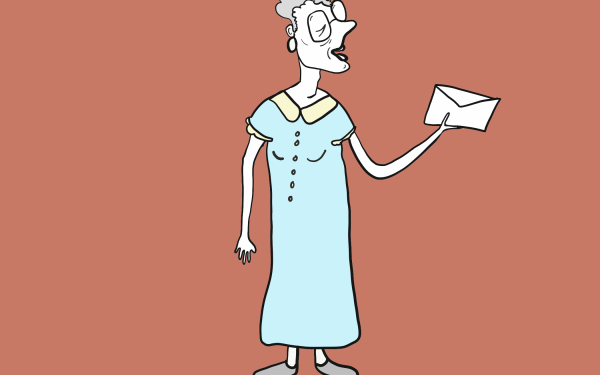Urbania Goes Anglo
And Finds Some Love West of Papineau
Sometimes, as a reader, you come across an idea that has been bouncing around your head for so long, it’s as though the author was reading your mind when they wrote it. “Yes!” you say. “That’s exactly what I was thinking!”
For the English-speaking Montrealer, Urbania ’s latest issue contains a million of these moments.
Take, for example, a piece by Aleksi K. Lepage that proclaims that if an anglo wants to understand and be understood anywhere east of Papineau Ave., they must be able to speak not just French, but joual as well.
“Well, of course!” you exclaim, while rushing to look up the precise meaning of crisser son camp.
Urbania, a French-language glossy, publishes four issues a year. Each takes on a new subject, with past issues tackling sex, Parisians and the student strike. The magazine says its mission is to “make the ordinary extraordinary.”
What’s most appealing are its tidbits of personalized honesty, like when West-Islander Jesse Toufexis confesses that he’s only at ease with French after consuming too many drinks. Or when comedian and writer Kim Lizotte confesses that the main downside to dating an anglo man is that he takes forever to say, “I love you.”
The issue also features reporting you simply wouldn’t see anywhere else, like profiles of famous anglo-franco couples or “Anglos et sépératistes,” an interview with three anglophones who want Quebec to be independent.
Taken with a thick skin, it’s a not-bad representation of anglos—and likely a way for francophones to understand us a little better.
All we want, after all, is a little recognition. Or something.
I realized for the first time that the anglophones’ struggle was the same as that of francophones… les anglais also want to live here, to protect their language, their history.
—Urbania Editor-in-Chief, Catherine Perreault-Lessard
Where did the idea of doing an issue about anglophones come from?
At Urbania, we like to tackle subjects that are a bit prickly or a bit taboo, like lesbians and obesity, for example. And one of the most contested subjects in Quebec is its anglos. It forced us to come out of our comfort zone a bit, to rock the boat.
Why do you think that anglos are such a delicate subject in Quebec?
Language is a very emotional subject. Whenever we wrote articles about language issues on our blog, they always got the most comments, the biggest reaction.
We published an article called, “Sorry, I don’t speak French,” and years later it’s still one of the most-read articles on our blog.
So you’d have to say it’s a good subject! It took on a new dimension after the shooting at the Metropolis—it’s as though it’s become even more delicate.
What sort of reaction has the issue gotten?
The reaction has been super-bonne! I have to say, when I started production, I said to myself that if francophones and anglophones aren’t happy, it means I’ll have done a good job. At the moment, both are happy, so I’m a bit destabilized!
Was the reaction any different among anglophones vs. francophones?
No. It’s almost an issue about francophones, about the perception that francophones have of anglophones.
For francophones, it’s a chance to discover who Quebec anglos are […] it seems that today, we sometimes downplay the role they had in building Quebec, their past… it’s as though we’re giving back their lettre de noblesse, to say, “Yes, we built Quebec together, Quebec wouldn’t be the same without that dichotomy.”
What did you learn about anglos while making this issue?
I realized for the first time that the anglophones’ struggle was the same as that of francophones… les anglais also want to live here, to protect their language, their history.
It took me three months of working on this theme to understand them better. I put myself in the shoes of an anglo who lives in Quebec. When you live in the West Island, your parents sent you to an English school and you went to CEGEP and university in English, it’s normal that you wouldn’t feel completely integrated into Quebec society.
Were there any special challenges to putting out a bilingual issue?
It was easier than I thought it would be. It was fun to work with anglophones […] they’re better at respecting deadlines! They work really hard. There was a big difference with francophones in that respect.
It was a challenge to edit in English, but I thought that all the articles were good, maybe because I didn’t understand them as well [laughs].
In general, we got along great. There aren’t a lot of publications where anglophones can write in Quebec […] and there are so many anglophones who can write well, who want to express themselves. What’s more, storytelling culture is very engrained in anglophone culture, whereas francophones don’t know it as much.
Do you see the Spécial anglos as bringing francophones and anglophones closer together?
Yes, totally! The issue extends a hand to anglophones. I think that in 2013, we need it more
than ever especially after what happened in the fall. […] We still have wounds that haven’t healed.
I think that the Maple Spring built bridges, because we went out into the streets together, there were no language barriers. I think things will continue to go in that direction.






